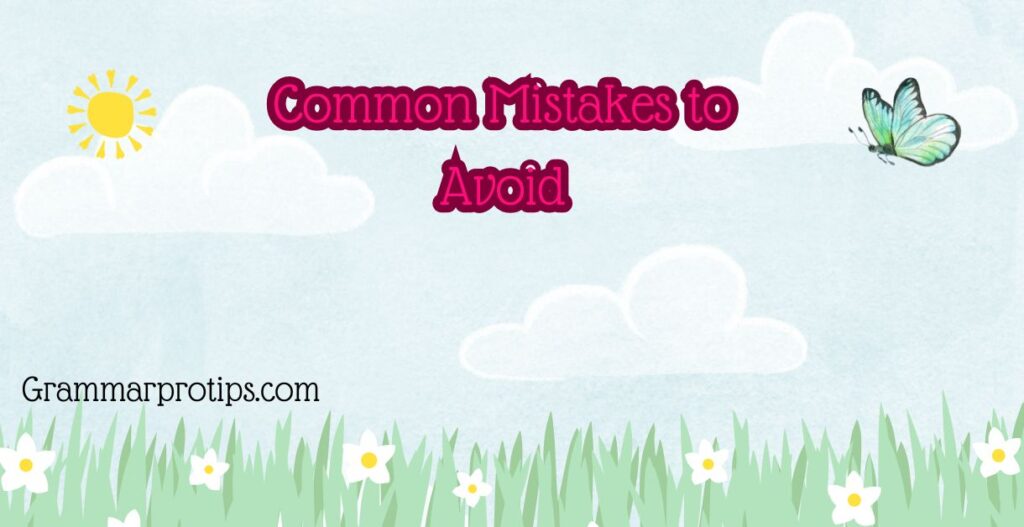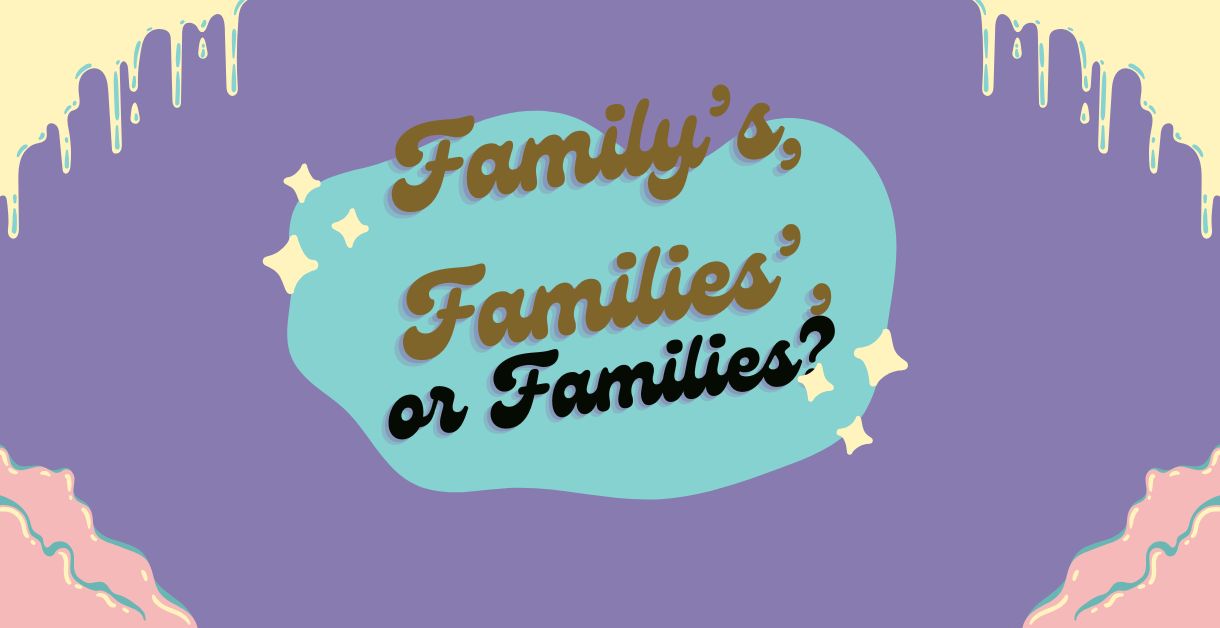When it comes to writing in English, possessives and plurals often confuse even seasoned writers. Words like family’s, families’, and families seem similar but serve distinct purposes.
Understanding the differences between these forms is critical to ensuring your writing is clear, accurate, and polished. In this article, we’ll break down the meaning, usage, and examples of each form. Additionally, we’ll cover related spelling concerns, such as the commonly confused words privilege vs priviledge, and provide you with practical tips and examples to master these concepts.
Understanding the Basics: Family, Family’s, Families’, and Families
Let’s start with a breakdown of these terms and their uses:
1. Family
The word family is a singular noun that refers to a group of individuals related by blood, marriage, or adoption.
Example:
- The family is planning a vacation.
Here, “family” functions as a collective singular noun, treated as a single unit.
2. Family’s
The word family’s is the singular possessive form of “family.” Use it when something belongs to one family.
Example Scenarios:
- The family’s car broke down on the highway.
(The car belongs to one family.) - This is the family’s favorite restaurant.
(The restaurant is a favorite of one specific family.)
3. Families
The word families is the plural form of “family.” Use it when referring to more than one family.
Example Scenarios:
- Many families attended the neighborhood picnic. (Multiple families were present at the event.)
- Families from different cultures celebrated together. (Plural families are described.)
4. Families’
The word families’ is the plural possessive form of “family.” Use it when something belongs to multiple families.
Example Scenarios:
- The families’ traditions were shared during the festival.
(The traditions belong to several families.) - We organized a meeting to discuss the families’ concerns. (The concerns of multiple families were addressed.)
Quick Reference Table for Family’s, Families’, and Families
| Form | Type | Meaning | Example |
|---|---|---|---|
| Family | Singular noun | Refers to one group of related individuals | The family is having dinner. |
| Family’s | Singular possessive | Something belonging to one family | The family’s dog is playful. |
| Families | Plural noun | Refers to more than one family | Several families live in this neighborhood. |
| Families’ | Plural possessive | Something belonging to multiple families | The families’ homes were decorated. |
Common Mistakes to Avoid

1. Confusing Families and Family’s
People often confuse the plural noun “families” with the possessive singular “family’s.” Remember:
- Families = more than one family
- Family’s = belonging to one family
Incorrect Example:
- The families house is big. (This suggests “multiple families” but lacks possession.)
Corrected Example:
- The family’s house is big. (Belonging to one family.)
2. Misusing Families’ and Families
The plural possessive families’ is often mistaken for the plural noun families.
Incorrect Example:
- The families complaints were ignored. (No possessive is indicated.)
Corrected Example:
- The families’ complaints were ignored. (Complaints belonging to multiple families.)
Addressing Privilege vs Priviledge
Another common confusion in English arises with the word “privilege.” Many people mistakenly spell it as “priviledge.” Here’s how to avoid this error and use the word correctly.
Privilege vs Priviledge Meaning
- Privilege: Correct spelling. Refers to a special right, advantage, or immunity.
- Priviledge: Incorrect spelling. Often a typo or misunderstanding of the correct word.
How to Spell Privilege Correctly
To avoid misspelling, remember the word’s root: “priv-” (private) and “-lege” (law or legal).
Example:
- It’s my privilege to assist you. (Correct spelling)
How to Pronounce Privilege
The word “privilege” is pronounced as “PRIV-uh-lij” or “PRIV-lij.” It’s typically spoken in two syllables.
Example:
- How to pronounce privilege: Say it like “priv-lij.”
Privilege Translate
The word “privilege” can be translated into other languages to clarify its meaning:
- Spanish: privilegio
- French: privilège
- German: Privileg
Privilege Synonym
Similar words for “privilege” include:
- Advantage
- Benefit
- Honor
- Right
- Immunity
Privilege Example
- She was given the privilege of speaking first.
- We feel privileged to be part of this community.
I Feel Privileged Meaning
The phrase “I feel privileged” means someone feels honored or grateful for a special opportunity or advantage.
Mastering Usage with Examples
Singular Possessive (Family’s)
- The family’s pet cat loves to nap by the window.
- This is the family’s heirloom, passed down for generations.
Plural Noun (Families)
- Families from all over the city attended the fair.
- During the holidays, many families travel to visit relatives.
Plural Possessive (Families’)
- The families’ opinions were divided on the new policy.
- We need to respect the families’ decisions regarding the event.
Conclusion
Understanding the differences between family’s, families, and families’ is essential for clear and accurate writing. Each form serves a unique purpose, whether indicating possession or plurality. By mastering these distinctions, you can confidently express your ideas without ambiguity.
Additionally, always double-check your spelling for commonly confused words like privilege vs priviledge to maintain professionalism in your writing. Remember to spell privilege correctly, and if in doubt, consult reliable resources to confirm usage. With these tips, you’ll improve your English language skills and avoid common pitfalls. Whether discussing families or explaining why it’s your privilege to help, clarity and precision are your best allies.

“Smith is the dedicated admin of [grammarprotips.com], a platform focused on enhancing grammar skills. With a passion for language and education, Smith strives to make grammar accessible and enjoyable for learners of all levels. Committed to delivering high-quality content, Smith continually explores innovative ways to help users master the complexities of grammar.”

